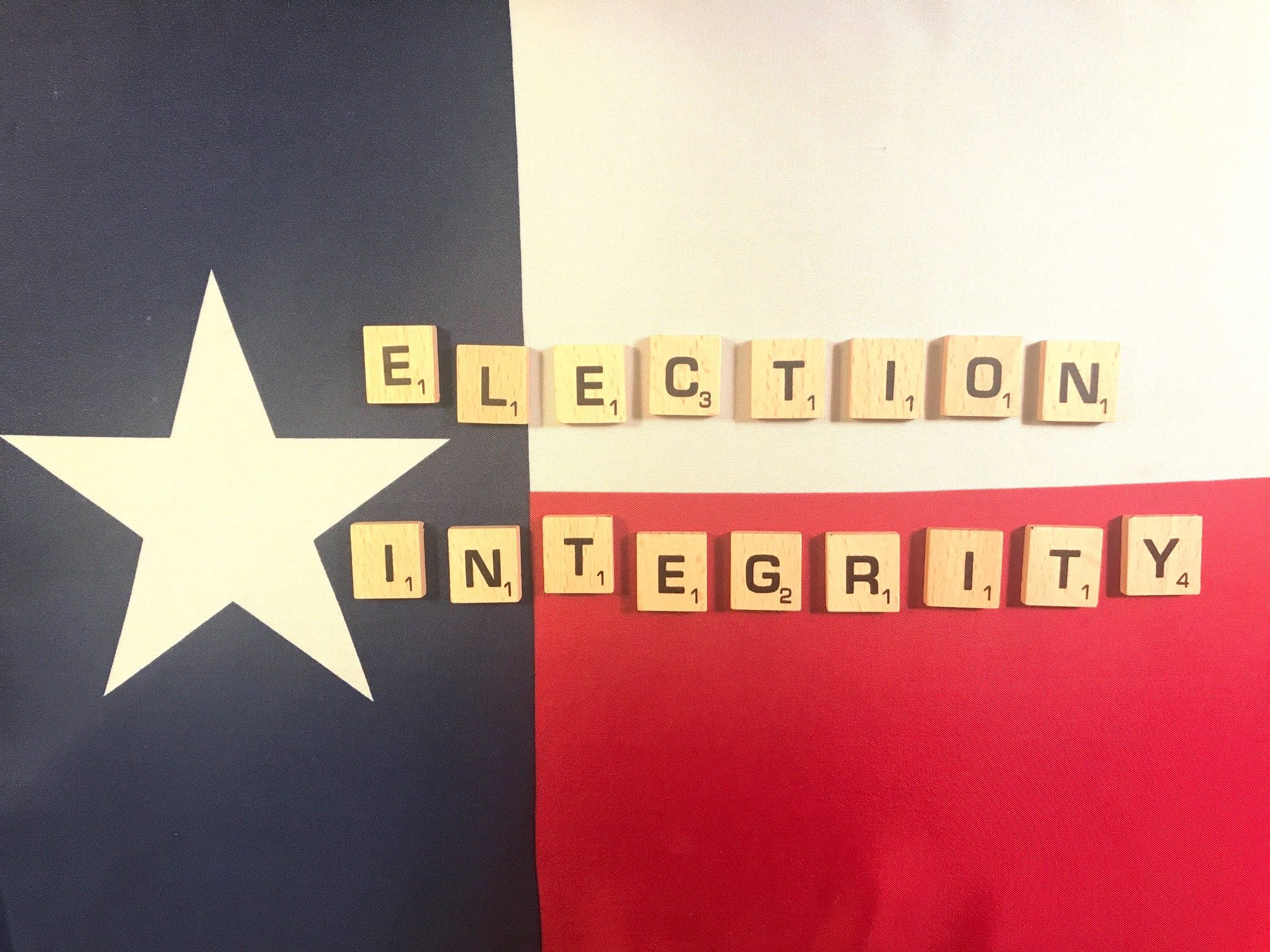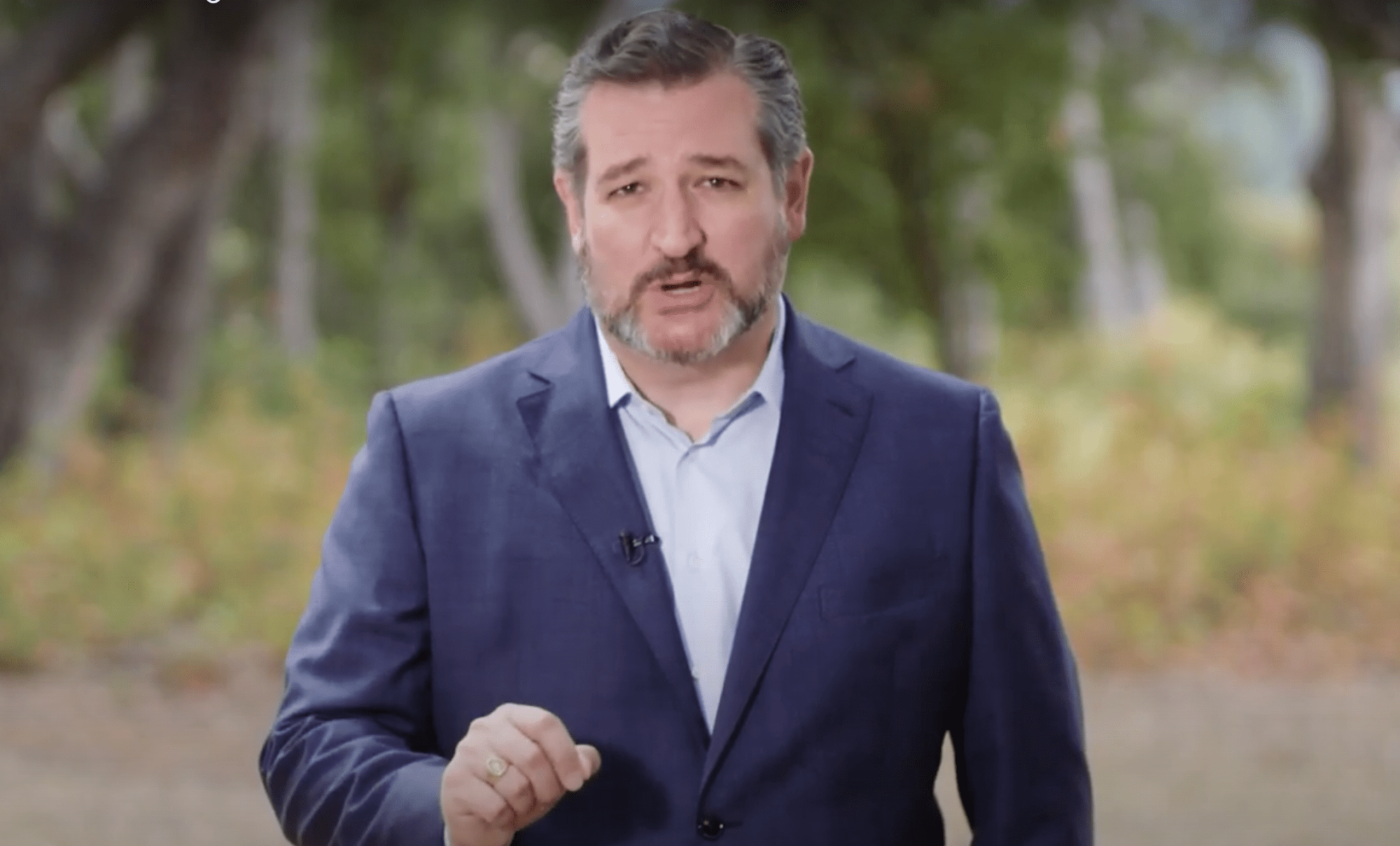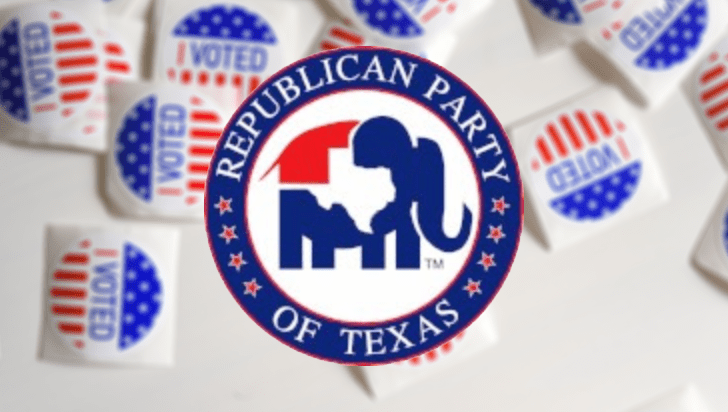Ten Texas lawmakers will decide which reforms get included in the final version of the Legislature’s top-tier election integrity bill, in a process likely to receive limited public scrutiny.
This session, the House and Senate each proposed their own comprehensive “omnibus” bills addressing election integrity, a top legislative priority of grassroots conservatives and Republicans: House Bill 6 by State Rep. Briscoe Cain (R–Deer Park) and Senate Bill 7 by State Sen. Bryan Hughes (R–Mineola).
Both chambers eventually approved SB 7, but the House- and Senate-passed versions are significantly different.
Those differences must now be reconciled by a bipartisan group known as a conference committee, which consists of five members from each chamber.
The Senate appointed its SB 7 conferees on Monday. Four are Republicans who authored strong election integrity measures this session: State Sens. Hughes (chair), Paul Bettencourt (Houston), Dawn Buckingham (Lakeway), and Lois Kolkhorst (Brenham). Democrat State Sen. Beverly Powell (Burleson) is their fifth conferee.
House conferees were appointed on Wednesday: Cain (chair) and two other Republican members of the House Elections Committee, State Reps. Travis Clardy (Nacogdoches) and Jacey Jetton (Sugar Land), plus Democrat State Reps. Terry Canales (Edinburg) and Nicole Collier (Fort Worth).
House rules say conference committee meetings are open to the public and media and require a “reasonable” notice. But notice rules are lax, and meetings aren’t required to be broadcast like other legislative proceedings. Meetings aren’t even required to be held at all.
Committee chairs can choose to work through back channels to negotiate a deal, which at least two more of each chambers’ conferees must approve before the bill goes back to the full House and Senate for final votes.
The conference committee has barely a week to hammer out a compromise that both Republican-controlled chambers can approve and send to the governor before the session ends.
The Bill
House Bill 6 and Senate Bill 7 were significantly different from the start, though both contained multiple reforms sought by election integrity advocates intended to make voting more secure, accurate, and transparent.
Cain’s HB 6, dubbed the Election Integrity Protection Act of 2021, targets paid vote harvesting, stops officials from distributing unsolicited mail-ballot applications, and adds protections for poll watchers. Other provisions of HB 6 deter coerced voter assistance, prevent officials from altering or suspending election rules, and expedite court actions on election-related cases.
Hughes’ SB 7, considered the stronger of the two bills by many activists, enhances prohibitions on paid vote harvesting, revises procedures to verify mail ballots are legitimate, and implements an online mail-ballot tracking system for voters. It allows voter registrars to use more citizenship data to maintain voter rolls and adds penalties for registration officials who don’t follow rules to keep rolls clean.
The Senate version also requires electronic voting systems to include auditable paper trails, bans most private funding of election offices, and adds livestream video surveillance of ballot counting. It also clearly disallows drive-thru voting, 24-hour voting, and mass distribution of unsolicited mail-ballot applications—makeshift procedures implemented temporarily during the Chinese coronavirus outbreak that Democrats hoped to make permanent. A controversial provision lets poll watchers record election officials’ activities.
All provisions of Hughes’ original bill were wiped out when Cain replaced the entire contents of SB 7 with the language in his HB 6.
The House then considered the substitute version of SB 7 (with HB 6 language), avoiding open debate in the House over provisions in the Senate-passed bill.
Cain also allowed multiple (some possibly problematic) amendments before the House passed the substitute SB 7.
The Senate refused to concur with the House-passed version of SB 7 and requested a conference committee to reconcile differences.
The Process
Election integrity advocates hope SB 7 gets beefed up, not watered down, in conference.
According to the Texas Legislative Council:
A conference committee’s charge is limited to reconciling differences between the two chambers, and the committee may not change, alter, amend, or omit text that is not in disagreement without the adoption of an “out of bounds” resolution by both chambers. The committee also may not add text on any matter that is not in disagreement or that is not included in either version of the bill in question without such a resolution.
Senate rules add that a conference committee is not prohibited from “adding text not in either the Senate or House version of a bill when the text added relates to a matter in disagreement between the two Houses.”
That means Hughes and Cain can add back provisions from Hughes’ original bill, and possibly items from similar bills that failed to advance, if they can each get two of their fellow conferees to approve.
That will be tougher with House conferees. Clardy is a swing vote who’s been known to side with Democrats on election issues, and he may, for example, try to insert his stalled bill to revive mobile voting into SB 7 in exchange for supporting the final bill.
Failure of the conference committee to reach an agreement kills the bill.
The public is unlikely to see any of these dealings, though. Conferees are not required to hold any meetings, and there are no transparency rules directing the committee to document its actions other than by presenting a final report with side-by-side comparisons of the House, Senate, and compromise bills.
Conference committee members have until May 29 to distribute their final version of SB 7, which must be approved by at least three conferees from each chamber.
May 30 is the last day the House and Senate can vote to adopt the conference committee’s recommended revision (no amendments allowed) and finally pass the bill, so it can go to Abbott’s desk and be signed into law.
Priorities
Election integrity has been a key issue of grassroots conservatives and Republicans for years.
After lawmakers failed to pass their priority election reforms in 2019, the Republican Party of Texas made election integrity its top legislative priority for 2021. It was the only RPT legislative priority this session given fast-track emergency status by Republican Gov. Greg Abbott, on February 1.
As of May 19, lawmakers had passed just one RPT-priority election integrity reform, House Bill 574. Another priority, Senate Bill 155, passed both chambers but in different forms, so the Senate must concur with House changes before the bill goes to the governor. A handful of other RPT and grassroots priorities are still working through the legislative process.
But HB 6 and SB 7 represent election integrity advocates’ highest-priority reforms.
Democrats and their corporate allies (joined by a handful of Republicans) have pushed back against the reforms, mischaracterizing election integrity as “voter suppression” and “bad for business,” but they are powerless to block the legislation.
The Republican-controlled Legislature is running out of time to get grassroots’ priority election reform bills to the governor’s desk before the session ends on May 31.
Texas Scorecard is tracking the progress of key election integrity bills in the House and Senate through the end of session.





